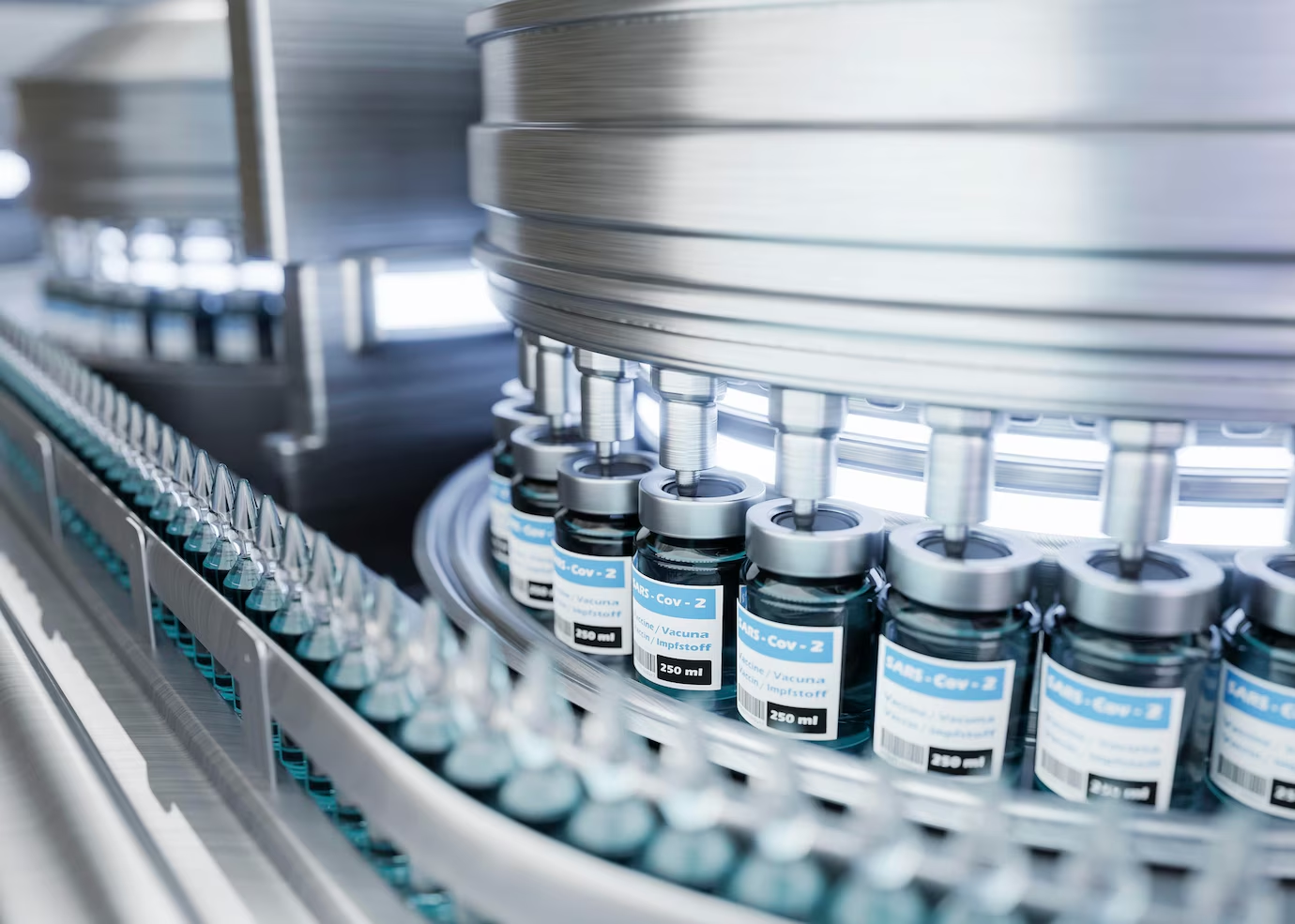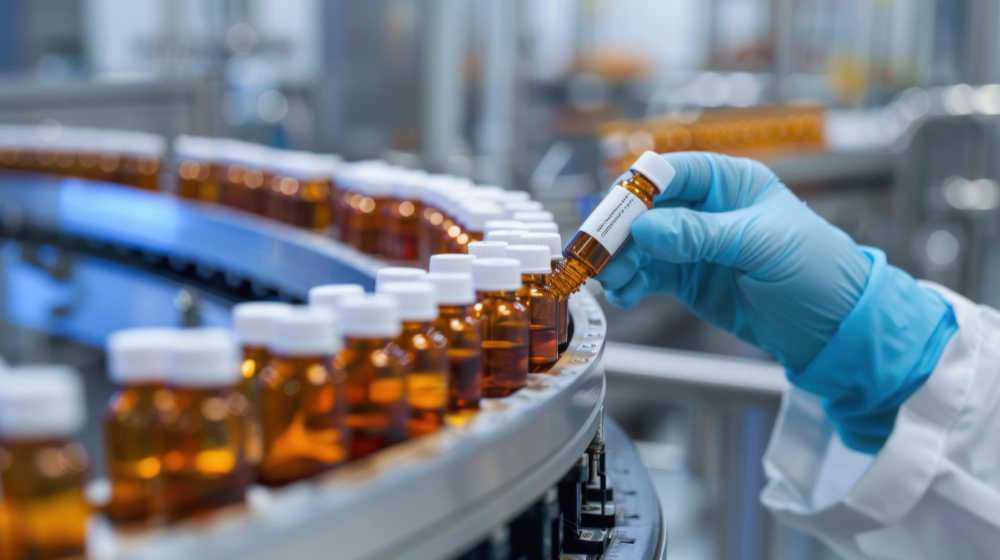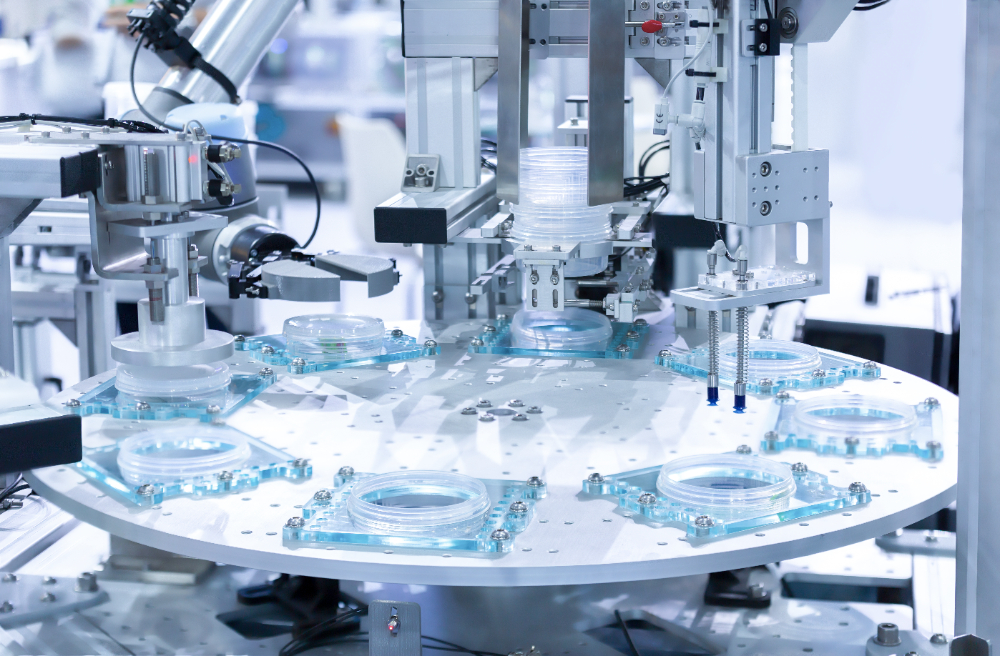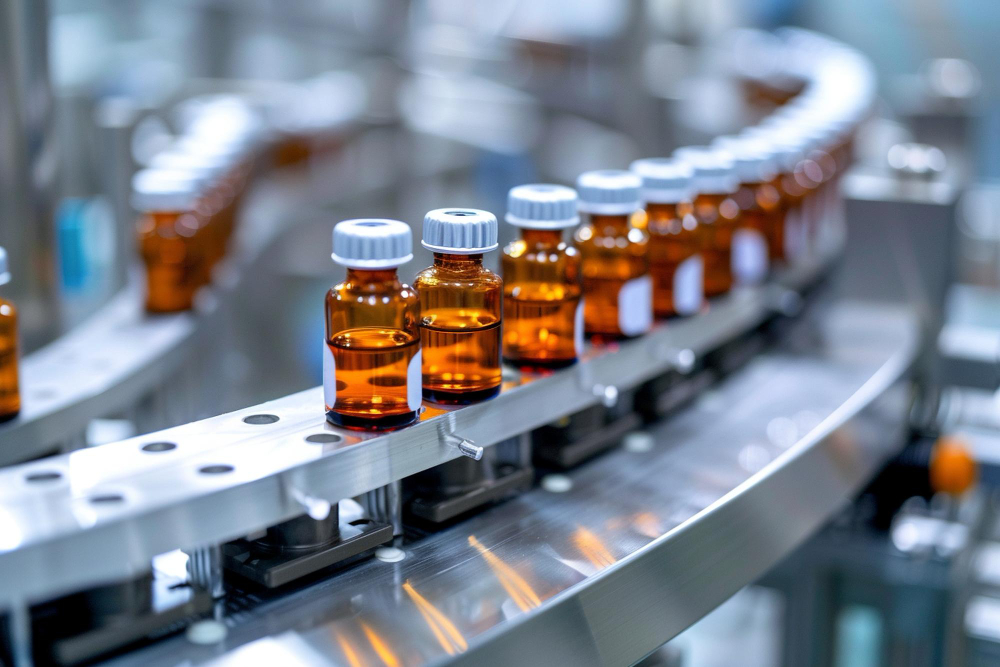
Before pharmaceutical products end up in syringes, vials, or cartridges, the importance of ensuring they are away from microorganisms that can harm the patient should be emphasized. Implementing the right filling is necessary, and one of the most effective ways is aseptic fill finish manufacturing.
Learn about this part of sterile drug production in this complete guide that will discuss the following:
– How aseptic fill finish manufacturing works
– Your three-step guide to this sterile drug production process
Just like food processing, safety is of paramount importance in the pharmaceutical industry. A sterile production workshop must have zero tolerance for pathogens and foreign substances.
In this sterile drug production, the drug must be sealed within the appropriate vial or capsule. With proper packaging and handling, there are zero chances your products will be contaminated by the time healthcare professionals administer the drug to the patient.
Aseptic filling is the last line of defense versus pathogens and other harmful microorganisms. This is the right process of sterile production pharmaceuticals must execute.
The following pointers shall explain how this sterile drug production works:

This stage is the groundwork of this production process. It involves everything about sterilizing the components, not just the drug containers, but also the filling equipment.
In here, cleanrooms are monitored for temperature, air quality, and humidity. The staff undergo extensive training to further enforce the processes that prevent contamination.
Strict standards, such as those from the FDA, are followed.
The highlight of the aseptic fill finish manufacturing process, filling starts with the sterile product transferred to its final container. Monitoring ensues to ensure quality and sterility. Specialized vial loading trays are used to further reduce risks of contamination.
These last steps include sealing, labeling, and packaging. The right closure methods must be implemented to maintain sterility, while accurate coding should also be in place to ensure traceability.
Inspections are also done to verify quality prior to distribution. Durable trays are used for the protection of products during storage and transportation phases.

To ensure the goals of sterile drug production are met, you must invest in top-performing filling machines. Our company, Canaan, specializes in the creation of capsule filling machines that won’t just guarantee the drugs you produce will be at their most effective, but also at their most sterile. Our machines can cater to powders, granules, pellets, semi-solids, and liquids. Discover Canaan today and find out more about our catalog by connecting with our team.




Manufacturing pharmaceutical products should always be taken seriously. That is, every process must follow the strictest and highest standards. This is the very reason why manufacturers prefer hiring an EPC contractor. Contractors working under EPC contracts will ensure the outcomes are of the best quality no matter what happens, focusing on the construction of the […]

Explore the importance of EPC contracts in pharmaceutical manufacturing. Learn how EPC works, its benefits, and why choosing an EPC contractor can guarantee project success with Canaan’s industry-leading equipment.

Discover how SCADA and PLC improve automation in the pharmaceutical industry. Learn their roles, benefits, and how Canaan’s advanced technology enhances efficiency and safety.